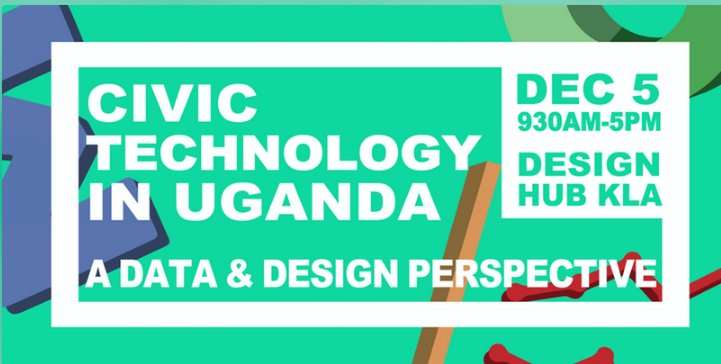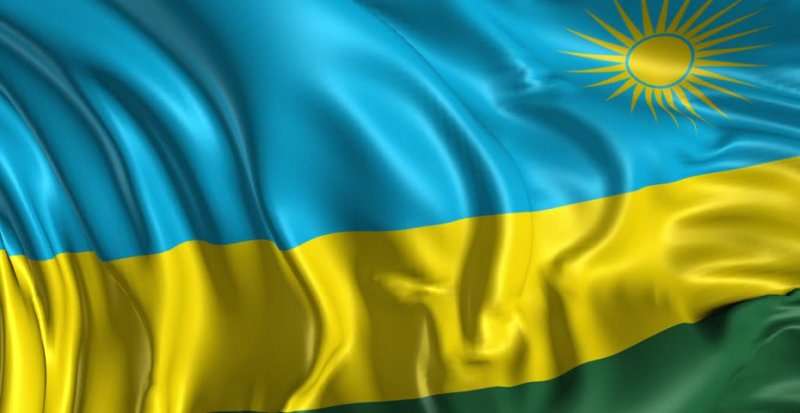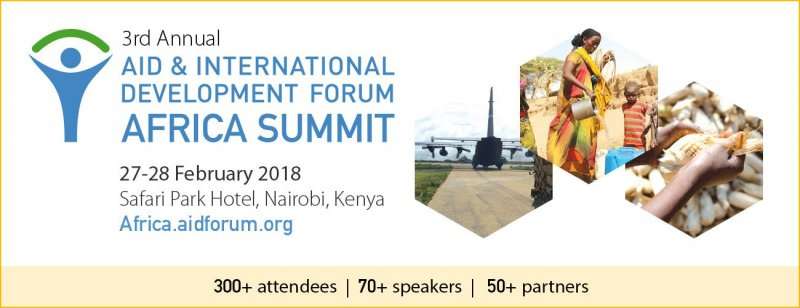Announcement | The Collaboration on Internetaional ICT Policy for East and Southern Africa (CIPESA) is proud to be a media partner of the upcoming 3rd annual Aid & Development Africa Summit set to take place on February 27-28, 2018 at Safari Park Hotel in Nairobi, Kenya.
The summit will once again unite 300+ humanitarian and development leaders, decision makers and advisors committed to achieving the Sustainable Development Goals (SDGs) in the region. It presents an opportunity to explore best practice, policy and project updates, innovation and partnerships in ICT, data and mobile solutions for humanitarian and development programmes.
Participants will gain first hand insights from development banks, donors and government agencies into their financing priorities and funding guidelines as well as benefit from networking opportunities.
The agenda will explore innovations and best practice in emergency communication, connectivity and social networks and discuss the impact of mobile devices on development work. Expert speakers including Kasirim Nwuke, Chief, New Technologies and Innovation, United Nations Economic Commission for Africa (UNECA), Olawale Maiyegun, Director, Department of Social Affairs, African Union Commission and Mamadou Biteye, Managing Director, The Rockefeller Foundation will share insights and ways to drive sustainable innovation and support community resilience in East Africa.
Session Focus: The Tech Revolution and a look into the future:
The world has an ambitious goal to end extreme poverty by 2030. But, without good poverty data, it is impossible to know whether we are making progress, or whether programs and policies are reaching those who are the most in need. Discussion points include:
- Overall impact on the Tech Revolution on Development and Humanitarian fronts in Africa
- Emerging trends and how they can benefit data and measurement of poverty eradication trends
- Is using technology to collect data a new solution to an old problem?
The Summit agenda includes keynote presentations, interactive sessions, themed roundtables, speaker panels, Innovator of the Year Award and an evening drinks reception to engage with decision makers and key stakeholders in Africa’s aid and development sectors.
The Aid & Development Africa Summit advocates for cross-sector approach through inclusive, effective collaboration and coordination between national and international NGOs, government and UN agencies, Red Cross, donors, investors, development banks and the private sector.
“The summit was well organised, it was beneficial and provided me with knowledge and insight on issues ranging from ICT, agriculture health, disaster preparedness, irrigation etc, all which are part of my job in the office” – Asanterabi C. Sangenoi, Prime Minister’s Office Tanzania
Save the date and reserve your place here to be part of the most influential aid and development conference in Africa.
For more information about Aid & Development Africa Summit, please visit http://www.africa.aidforum.org or get in touch with Alina O’Keeffe, Head of Marketing, Aid & international Development Forum (AIDF) at [email protected]




